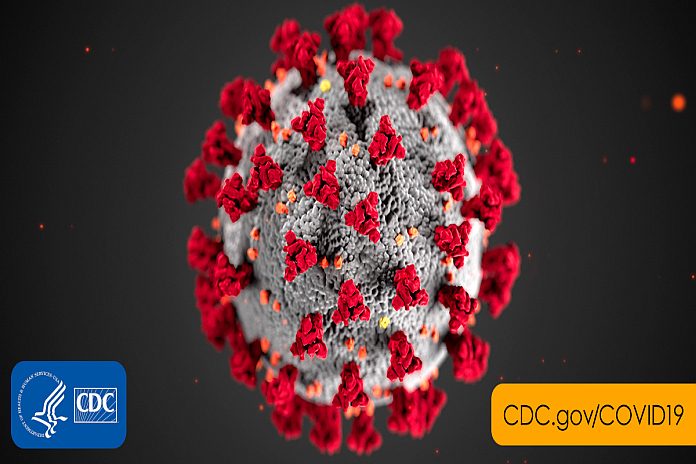ATLANTA, USA — If you are at higher risk of getting very sick from COVID-19, you should:
- Stock up on supplies.
- Take everyday precautions to keep space between yourself and others.
- When you go out in public, keep away from others who are sick, limit close contact and wash your hands often.
- Avoid crowds as much as possible.
- Avoid cruise travel and non-essential air travel.
- During a COVID-19 outbreak in your community, stay home as much as possible to further reduce your risk of being exposed.
Who is at Higher Risk?
Early information out of China, where COVID-19 first started, shows that some people are at higher risk of getting very sick from this illness. This includes:
- Older adults
- People who have serious chronic medical conditions like:
- Heart disease
- Diabetes
- Lung disease
If a COVID-19 outbreak happens in your community, it could last for a long time. (An outbreak is when a large number of people suddenly get sick.) Depending on how severe the outbreak is, public health officials may recommend community actions to reduce people’s risk of being exposed to COVID-19. These actions can slow the spread and reduce the impact of disease.
If you are at higher risk for serious illness from COVID-19 because of your age or because you have a serious long-term health problem, it is extra important for you to take actions to reduce your risk of getting sick with the disease.
Get ready for COVID-19 now
Have supplies on hand
- Contact your healthcare provider to ask about obtaining extra necessary medications to have on hand in case there is an outbreak of COVID-19 in your community and you need to stay home for a prolonged period of time.
- If you cannot get extra medications, consider using mail-order for medications.
- Be sure you have over-the-counter medicines and medical supplies (tissues, etc.) to treat fever and other symptoms. Most people will be able to recover from COVID-19 at home.
- Have enough household items and groceries on hand so that you will be prepared to stay at home for a period of time.
Take everyday precautions
- Avoid close contact with people who are sick
- Take everyday preventive actions
- Clean your hands often
- Wash your hands often with soap and water for at least 20 seconds, especially after blowing your nose, coughing, or sneezing, or having been in a public place.
- If soap and water are not available, use a hand sanitizer that contains at least 60% alcohol.
- To the extent possible, avoid touching high-touch surfaces in public places – elevator buttons, door handles, handrails, handshaking with people, etc. Use a tissue or your sleeve to cover your hand or finger if you must touch something.
- Wash your hands after touching surfaces in public places.
- Avoid touching your face, nose, eyes, etc.
- Clean and disinfect your home to remove germs: practice routine cleaning of frequently touched surfaces (for example: tables, doorknobs, light switches, handles, desks, toilets, faucets, sinks & cell phones)
- Avoid crowds, especially in poorly ventilated spaces. Your risk of exposure to respiratory viruses like COVID-19 may increase in crowded, closed-in settings with little air circulation if there are people in the crowd who are sick.
- Avoid all non-essential travel including plane trips, and especially avoid embarking on cruise ships.
If COVID-19 is spreading in your community, take extra measures to put distance between yourself and other people to further reduce your risk of being exposed to this new virus.
- Stay home as much as possible.
- Consider ways of getting food brought to your house through family, social, or commercial networks
Have a plan for if you get sick:
- Consult with your health care provider for more information about monitoring your health for symptoms suggestive of COVID-19.
- Stay in touch with others by phone or email. You may need to ask for help from friends, family, neighbors, community health workers, etc. if you become sick.
- Determine who can provide you with care if your caregiver gets sick
Watch for symptoms and emergency warning signs
Pay attention for potential COVID-19 symptoms including, fever, cough, and shortness of breath. If you feel like you are developing symptoms, call your doctor.
If you develop emergency warning signs for COVID-19 get medical attention immediately. In adults, emergency warning signs*:
- Difficulty breathing or shortness of breath
- Persistent pain or pressure in the chest
- New confusion or inability to arouse
- Bluish lips or face
*This list is not all-inclusive. Please consult your medical provider for any other symptoms that are severe or concerning.
Coronavirus Disease 2019 (COVID-19)





